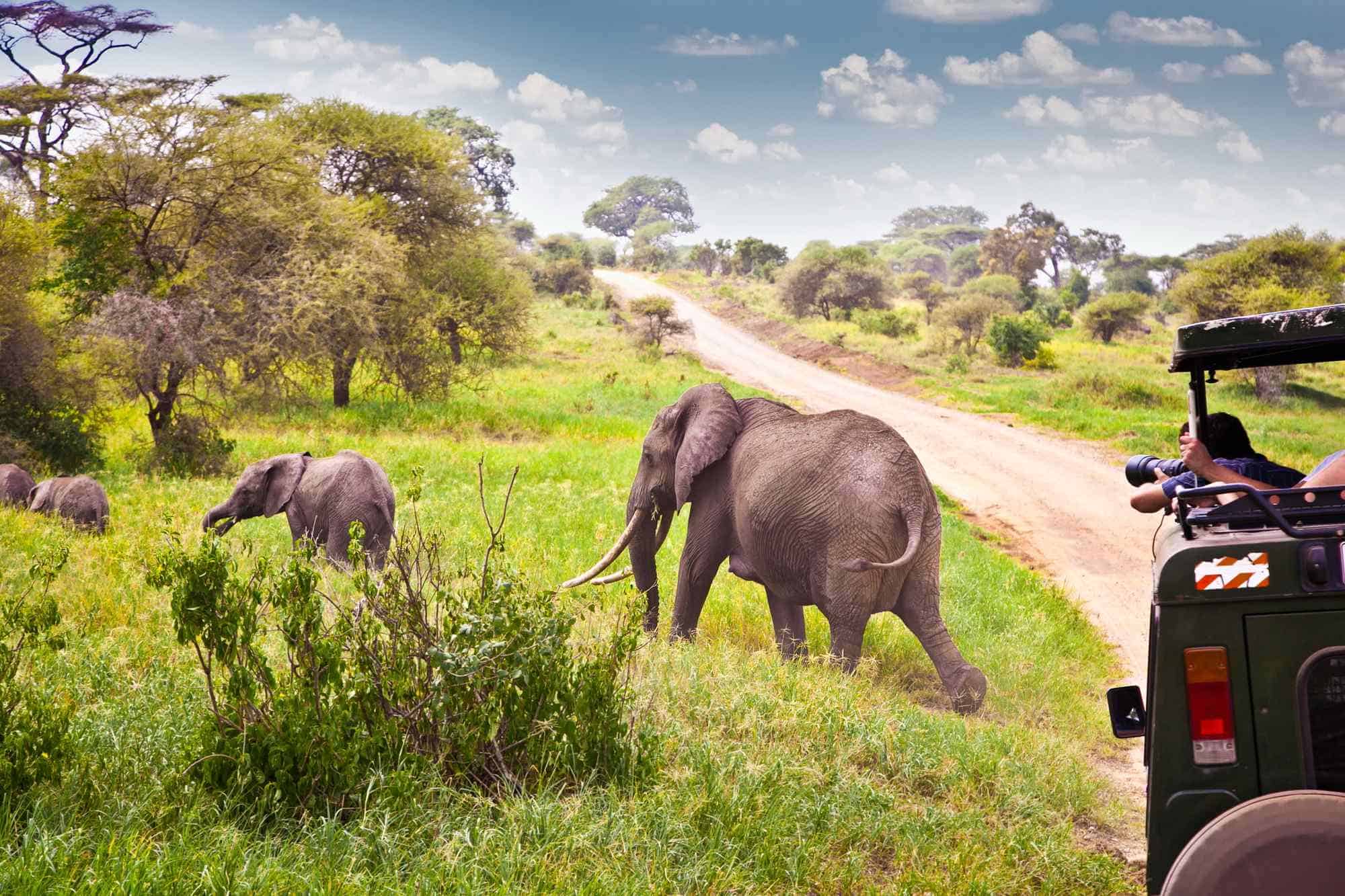
Top 12 African Safari Myths: Get the Facts Before You Book
Have you always dreamed of visiting Africa and embarking on a life-changing safari?
An African safari can be an exciting experience, full of facts, adventure, knowledge, and exotic animals.
For the world traveler, there is no better destination than Africa. It offers everything from wineries to hiking to luxury.
But, there are a lot of misconceptions about this continent and its safaris. These are myths that have perpetuated in popular media and the internet.
Keeping in mind common myths about African safaris will help make the planning process much easier, as well as help relaxes any potential concerns you may have.
Read on to learn twelve common myths about Africa and African safaris.
Myth #1: All Safaris are the Same
This myth couldn’t be farther from the truth, which is that all safaris are not created equal.
Additionally, these are not a scenario to which you can apply the saying “Doing one is like doing them all.”
Every African safari experience is different, even if it is the same company and in the same location.
There is such a diversity of animals, landscapes, and experiences that you will not be bored even after a few adventures into the wilderness of Africa.
Myth #2: Safaris are Unaffordable
This myth is perpetuated because people may not understand everything that comes with an African safari.
Typically, you are not only paying for the safari itself. You are also paying for lodging or camping each night, food, transportation, and other amenities.
The only thing that is not generally included in a safari package is a tip for your guide and tracker.
Myth #3: You Must Stay for Two Weeks
A safari doesn’t need to be a two-week long excursion to be worth it. In fact, one work week with the two weekends included is easily enough to take on Africa as a travel destination, even for a beginner.
It may even be better to take a week-long safari instead, as it can be less exhausting of an experience.
If you really enjoy the time you spend in Africa, you can always come back with the knowledge of what you loved the most from the trip.
Myth #4: Safaris are too Strenuous
The majority of your time on a safari can be quite sedentary, and there are plenty of opportunities for breaks.
Additionally, many safaris provide three meals each day as well as snacks, allowing you to relax while you take in the scenery.
Myth #5: Africa Isn’t Safe
African game reserves are some of the safest areas in the world, and they have not been targeted in any terrorist attacks or otherwise.
As well, you will have an experienced guide and be spending the majority of your time in national parks and game reserves.

Myth #6: You Will Only See the Savannah
There are a wide variety of ecosystems in Africa, and the Savannah is only one of them.
Kenya as a country is very mountainous, with forests and plains throughout its geography.
Myth #7: Kids Can’t Come
This is far from the truth, and every year thousands and thousands of families come to African for an African safari.
There are plenty of options and packages for adults with kids under 10 years old, and safaris are the perfect opportunity to show them this exciting landscape.
Myth #8: You Can Plan it Alone
If it is your first time visiting Africa, it is absolutely not a good idea to plan an African safari yourself.
While you may not be in an incredible amount of danger, guides, trackers, and itineraries pay a key role in any successful trip.
Additionally, a tour company will be able to provide knowledge that only locals know, and give you exclusive access to their game reserves.
Myth #9: There is Only One Language in Africa
There are actually over 2,000 different languages in Africa. It is an ethnically diverse continent.
You will encounter many different cultures on your journey here, and it is important to remain respectful and kind to all the locals you meet.
Myth #10: Safaris Are Dangerous
An African safari is not dangerous in and of itself, as they are typically highly regimented and researched. Guides are trained, and effective at keeping their guests safe.
That said, it is generally not a good idea to venture into the bush alone, as there are wild animals to be encountered on a safari.
Additionally, any fears about acquiring a dangerous disease are mostly unfounded. The areas in which safari’s take place are generally very sanitary.
Moreover, most common ailments that make the news could be easily prevented by vaccinations and basic medical care, which many amazing NGOs are working towards.
Myth #11: Africa is Hot
This myth is partially true, but it is not a rule that Africa has to be hot. In the morning and at night, it can actually be quite chilly.
Additionally, as with most destinations, it can depend on what time of year you visit, the elevation it is at, and the country’s climate.
Myth #12: There are Tons of Bugs
There will be bugs, as with anywhere, but they will not be everywhere. That is unless you decide to visit the rainforest.
In most parts of Africa, bugs will not bother you nearly as must as is portrayed in the media. In fact, Florida may even be a worse destination for insects and nearly 113 million people visited there in 2016.
Simply remember to bring bug repellent, as well as keep your skin covered to protect you from both insects and the sun.
The Best African Safari on Earth
Are you in search of the best African safari?
African Sermon Safaris provide high-quality experiences that are well worth the trip in the countries of Kenya and Tanzania.
We aim to provide wild, adventurous, and all-inclusive tours with the top of the line customer service, as well as respect for the local environment and people through our ecotourism efforts.
For even more information about what you’ll experience on an African safari, check out our recent post that goes way beyond the wildlife itself.